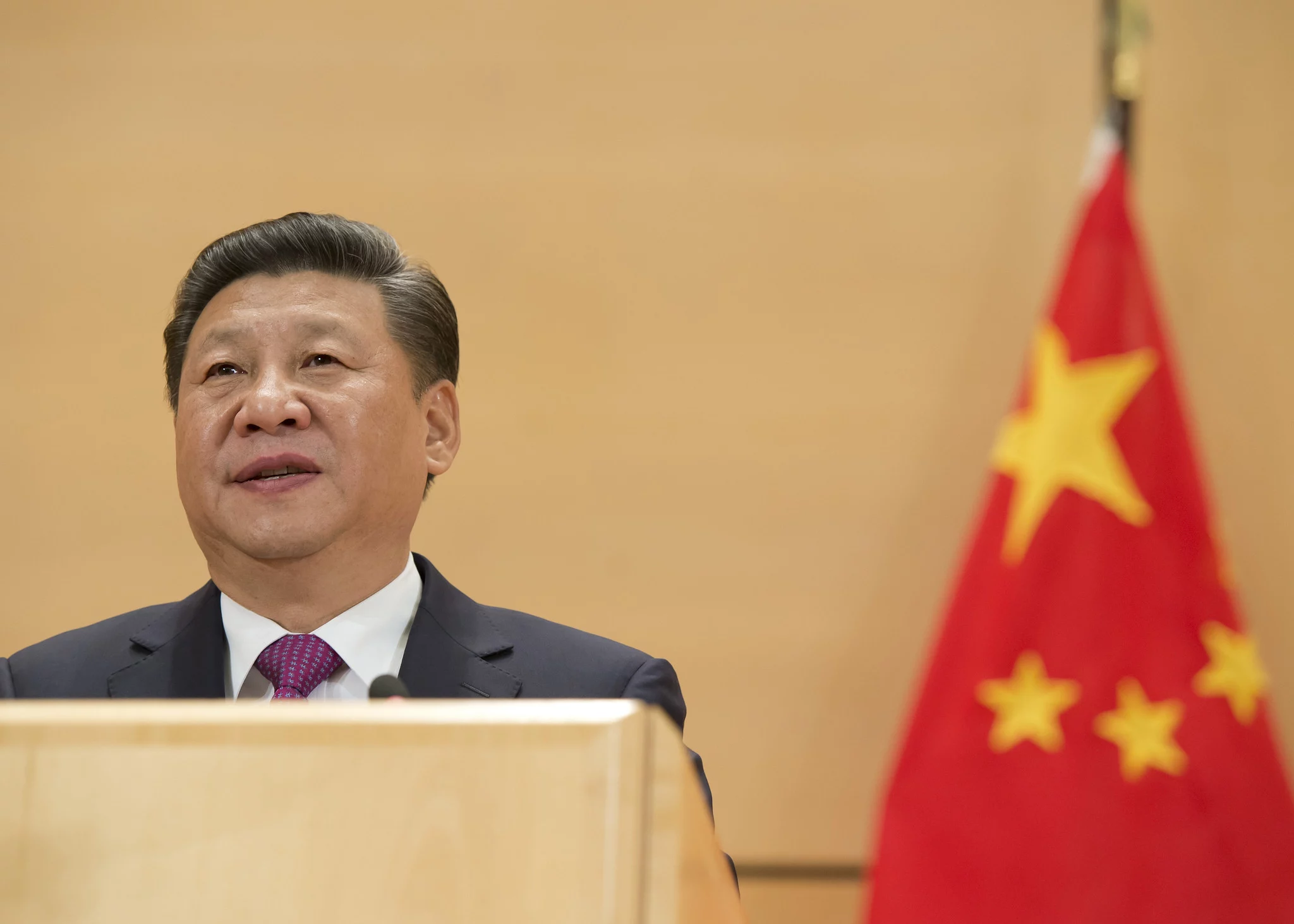President Xi Jinping has been pushing for China to make its currency more internationally recognized, particularly against the U.S. dollar.
His latest plan for Western countries is to start buying oil and gas in yuan as well as attempting to pursue this goal with even more vigor than ever before.
Chinese President Xi Jinping delivered a speech in Saudi Arabia, where Mohammed bin Salman hosted two “milestone” Arab summits with him.
These events showcased the power of Mohammed bin Salman to build partnerships beyond close historical ties with the Western powers.
Saudi Arabia and China sent signals during Xi Jinping’s visit in which the two agreed to focus on political orientation. It comes at a time when Riyadh’s relationship with Washington has been tested over various controversial topics like Russia.
The United States threatened to halt OPEC countries‘ oil trade with Western countries if they boycotted the dollar. But Saudi Arabia didn’t shake, and if they dump the dollar in its oil trade in response, it could be a major political move that Riyadh has threatened previously.
Today, China’s growing influence in the Gulf is proving to be a thorny issue for both the U.S. and the GCC countries. Furthering economic ties in the region was one of Xi’s top priorities on his recent visit, as he met with leaders across Gulf states and attended a summit of Arab League countries.
At the opening of Friday’s meeting, Mohammed said Saudi Arabia was embarking on a “historic new phase” with China. The difference this time is that there seemed to be a much more solid relationship between the two countries.
Saudi Arabia and China signed several strategic and economic relationship deals in the past year, which some analysts said were mainly anchored by energy interests. However, Chinese companies have made inroads into areas such as the technology sector and infrastructure development.
The oil-producing kingdom has defied the U.S. in order to maintain a national interest and care for its economic security. They’re also trying to maintain comradely relations within OPEC+ with Russia while also navigating an increasingly polarised world order.
China and Saudi Arabia reaffirmed their partnership in a joint statement on energy during the Gulf Cooperation Council Summit.
Saudi Arabia has inscribed a memorandum of understanding with Huawei this week. The two countries will be collaborating on cloud computing, as well as building high-tech complexes in Saudi cities.
Despite the U.S.’s concern over a possible security risk in Chinese tech, Huawei has continued to build 5G networks in several Gulf states.
The two countries also agree on the importance of global stability, though they also strive to boost trade and enhance cooperation through the peaceful use of nuclear power.
China says they will continue to import oil and liquefied natural gas from Gulf Arab countries, adding that these countries are natural partners who will cooperate further in upstream oil and gas development.














